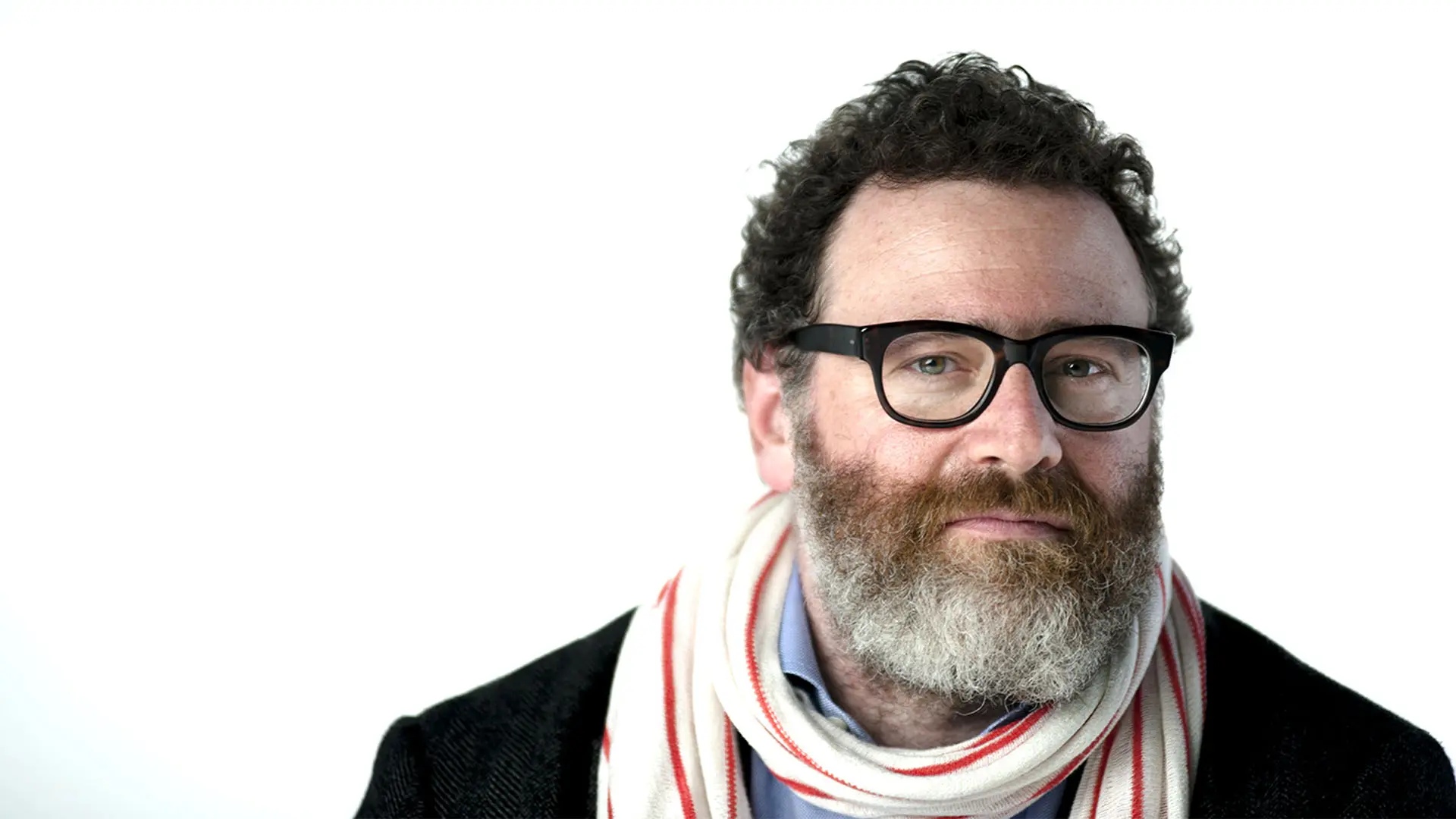I am a member of the Research Unit "Design, Theory, Research and Culture" of the Universidad Estad Minas Gerais in Belo Horizonte (Brazil) and I am a visiting associate professor at TMU Tokyo (Japan) and KTU in Kaunas (Lithuania). I am therefore fortunate enough to be able to compare the results of my research within various international contexts.
Among my latest papers, there are: Design & Interni (FrancoAngeli) and Archiflop (Sole24Ore Cultura).
Interior design
In 2005, after my PhD, together with Andrea Branzi, I founded Lab.I.R.Int - Laboratorio di Innovazione e Ricerca sugli Interni: a research team, which I now coordinate, focusing on the anthropological aspects of "interior design today".
Because "interior design today" means having to measure oneself with spaces which are increasingly complex. For this reason, we have for a long time now shifted our team’s focus from technical issues to anthropological, cultural and perceptual aspects. This is because design activities are in effect exploratory tools of the anthropological aspects of existence. Using this approach, we have recently tackled the issue of Rovine del Contemporaneo (Present-day Ruins), i.e. those artefacts built during the last decades and now in disuse, because unfinished, abandoned, etc. A sensitive, worldwide issue, to which we have recently devoted the book Archiflop for Sole24Ore Cultura.
Another field of research which we have been working on for about 10 years is the world of Non-Pharmacological Therapies for Alzheimer's.
Alzheimer and Non-Pharmacological therapies
Alzheimer's is the most common dementia (representing approximately 80%), it affects the elderly population and can last, with a progressive cognitive impairment, for several years, with extremely high social costs.
Focus within the global scientific community has recently been concentrating on non-pharmacological therapeutic approaches which, by taking advantage of residual cognitive abilities and acting on personal histories, allow bringing relief without resorting to drug treatment, particularly for the more advanced stages. This non-pharmacological therapeutic approach has the characteristic of placing the "individual at the centre", thereby avoiding relentless drug treatments, pursuing the maximum daily wellness conditions instead.
The world’s vision of the individual affected by Alzheimer’s is considered, albeit extra-ordinary, with the same dignity as for the rest of the world. Therefore, attention is not allocated to curing a different sensitivity, but rather in taking care of an extremely sensitive person.
Therapeutic Habitat
By working together with those therapists and professionals who deal with Alzheimer's with this particular approach, we were able to observe how much the intervention of design, of a project, can increase the effectiveness of non-pharmacological therapies.
We therefore developed the Therapeutic Habitat concept. Where the term habitat, borrowed from biology, represents a series of conditions (physical, perceptual, relational) which enable optimum welfare conditions for the individual (and herein lies the therapeutic effect).
It is, therefore, a project that has no well-defined action schedule, as it can be applied to a single small object, or even to a particular type of service-relationship, right up to imagining an urban setting.
The role of the Politecnico di Milano
- 35 Laurea Magistrale theses.
- relationships with RSAs (nursing homes), and Alzheimer centres: conventions, intensive workshops...
- three PhD thesis whose subject consists in the development of spaces, products and systems to support non-pharmaceutical therapies for Alzheimer's.
- two design patents, a "therapeutic cabin" for the waiting areas of the structures, an "environmental system for train therapy" also called Therapeutic Train.
Therapeutic train
The project of the Therapeutic Train starts from an intuition by Dr Ivo Cilesi, renowned for having introduced several Non-Pharmacological therapies to Italy, who identified in train travel an experience which is shared by different generations, social statuses and educational levels.
An experience which usually instils a sense of well-being and which is therefore suggested to counteract emergencies due to behavioural problems, anxiety fleeing, aggressiveness.
The device, designed by Ivo Cilesi and Lapo Lani, capitalises on previous experiments by improving the overall experience through space optimisation, system integration and an improved time and "waiting" area management.
One of the greatest satisfactions is knowing that particularly agitated people, undergoing anxiety crises, have managed to calm down, cheer up and even fall asleep within this environment, without resorting to drugs. The suggestion of a trip, lulled by the train, therefore manages to replace the intake of pills.
Why do research?
Although industrial design has been around for a couple of centuries, design as an anthropological practice has accompanied human beings for thousands of years.
We are thus part of a young discipline (the latest one in the Politecnico) with a very long history.
Italian design, always experimental, features research integrated with the project among its characteristics.
Doing Research is therefore an integral part of Making Design.
